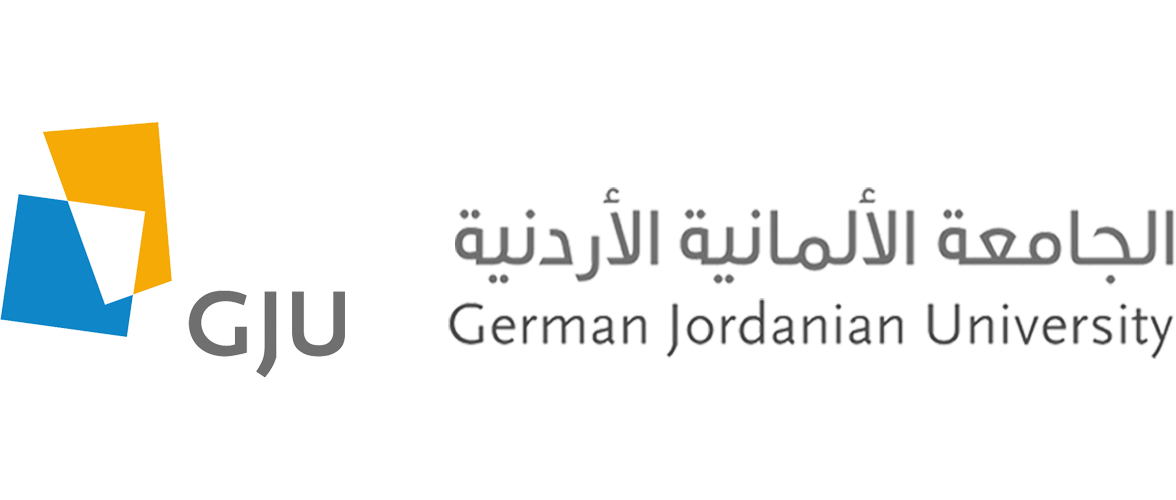About the B.Sc. Program in Electrical Engineering
The undergraduate program in Electrical Engineering is offered by the Department of Electrical Engineering in the SEEIT. This program is designed to meet the emerging demands on ICT education and address market needs by adopting a unique approach to expand on the long experience of the German model of applied science and contribute to building a premier quality industry-oriented ICT education in Jordan. It includes a general track that covers general concentrations in Electrical Engineering in addition to a new track to match the current market needs, namely 5G & Internet of Things (IoT) track. The program goals relate to high-quality in applied education and research, international co-operation, rich interaction and partnerships with enterprises, as well as focus on relevant academic tracks.
All students spend one year in Germany (German Year) during their study program, in which they study one semester in one of the German partner universities, then they do an obligatory internship of at least 20 weeks full-time in the German industry.
Several industry-centered courses are integrated in the program curriculum to prepare students for professional certification from leading worldwide companies such as CISCO and HUAWEI.
General Electrical Engineering Track
The aim of this track is to graduate skilled engineers in electrical engineering with a focus on advanced communications, wireless communications, mobile technologies, information theory, and data networking. It is anticipated that the demand for wireless communications will increase as a result of the emerging enhancements and innovations in technology, and the increasing reliance of societies/economies on wireless technologies. It is worth noting that, leading faculty members in the EE department as well as the German partner universities will guide students through the latest breakthroughs in research, cutting-edge technologies, and best practices used for building effective wireless devices, systems, and networks.
Example Job titles enabled by this track: electrical engineer, electronics engineer, communication engineer, automatic control engineer, electrical and electronic design engineer, electrical projects engineer, power systems engineer, and network engineer.
5G & Internet of Things Track (5G & IoT)
In this track, students will learn most of the knowledge in the general electrical engineering track in addition to at least 8 courses (4 core courses in GJU and 4 elective courses in a German partner university) related to the theoretical and practical underpinnings of 5G & Internet of Things. 5G is the 5th generation mobile network standard after 1G, 2G, 3G, and 4G networks. 5G is designed to enable seamless virtual connection of almost everyone to everything. Such connections include devices, machines, objects, and persons. Whereas, IoT is a network of networks where, typically, a massive number of objects or things like computers, smart phones, sensors, vehicles, or devices are connected through communications and information infrastructure to provide value-added services via intelligent data processing and management for different applications such as smart cities, smart health, smart grid, smart home, smart transportation, and smart shopping. In this track, students will learn the 5G technology as well as the IoT architecture and protocols. Moreover, several state-of-the-art courses that are related to IoT will be offered in this track, such as 5G, IoT architecture and protocols, cloud computing and big data, machine learning, applications in IoT, microcomputer interface and peripheral devices, sensors and actuators, as well as wireless sensor networks. Besides, leading faculty members in the EE department as well as the German partner universities will guide students through the latest breakthroughs in research, cutting-edge technologies, and best practices related to 5G & IoT.


